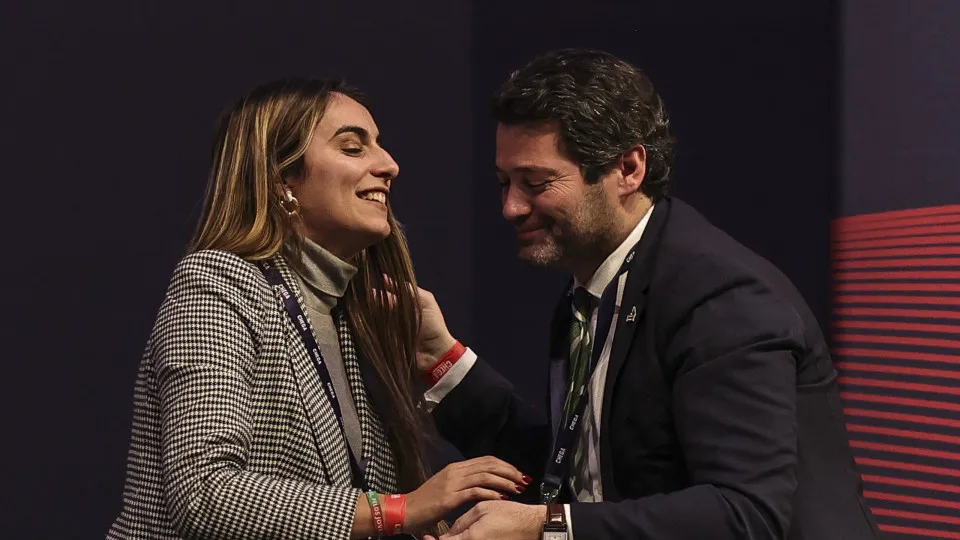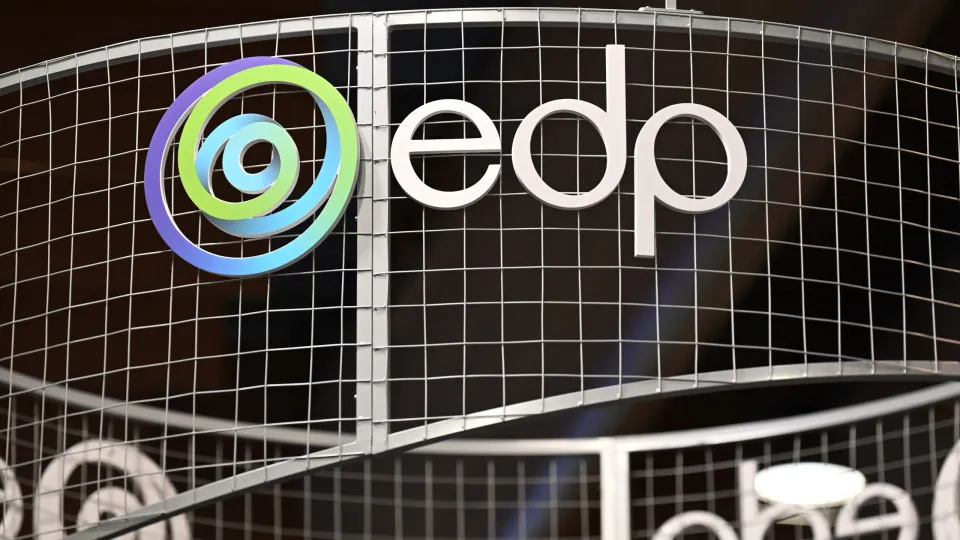
The report, authored by social-democrat parliamentarian Andreia Neto, hinged on the principle of the separation of powers. It received approval votes from the PSD, abstentions from Chega, PS, and Iniciativa Liberal, and a dissenting vote from Livre, which had initially lodged the complaint with the Parliamentary Committee on Transparency.
Due to the criminal significance of the actions, exacerbated by the fact that the Comissão Nacional de Proteção de Dados had forwarded the reports on the matter to the Prosecutor General’s Office, these actions may not be investigated by the Commission on Transparency due to the separation of powers, according to Andreia Neto’s report.
The position advocates that the responsibility lies with the Public Prosecutor’s Office, not the Assembly of the Republic, to investigate with all the inherent guarantees of a criminal process.
The report by the social-democrat also includes a recommendation urging all members of the Assembly to fully respect their duty at the beginning of their parliamentary mandate.
The obligation, according to the Assembly’s rules, is to uphold and ensure compliance with the Portuguese Constitution, notably by safeguarding children in their official duties and preventing their exploitation in political debates.
This general warning was deemed “manifestly insufficient” by Livre.
In August, the Public Prosecutor’s Office initiated an inquiry into Chega’s president, André Ventura, and his deputy Rita Matias concerning the release of the names of immigrant children enrolled at a Lisbon school.
Ventura read the names during a parliamentary debate on national law amendments in early July, and Matias shared the full names in a video on social media.
In the complaint submitted to the Transparency Committee, Livre argued that the actions of Ventura and Matias were discriminatory, aiming to indicate that some people, based on their names, do not belong to the country nor deserve to be here.
Livre stated the aim was to legitimize excluding and stigmatizing these children. This use of children’s names for such purposes, revealing their identities and putting their safety at risk, was highlighted as particularly concerning.
The statements, coming from the Assembly and with exclusionary intent, could embolden others to act similarly, according to Livre.
Livre also argued that Ventura and Matias’s assertions were based on falsehoods, particularly regarding the alleged priority access for immigrant children in nursery places.
It was concluded that the communications in question contravene the constitutional equality principle, rendering them unacceptable.
Hence, Livre held that the interventions by Ventura and Matias displayed a disregard for responsibility, offended the dignity and prestige of the Assembly, contributed to its discrediting, undermined the decorum expected from deputies’ conduct, and potentially violated various constitutional norms and principles.




